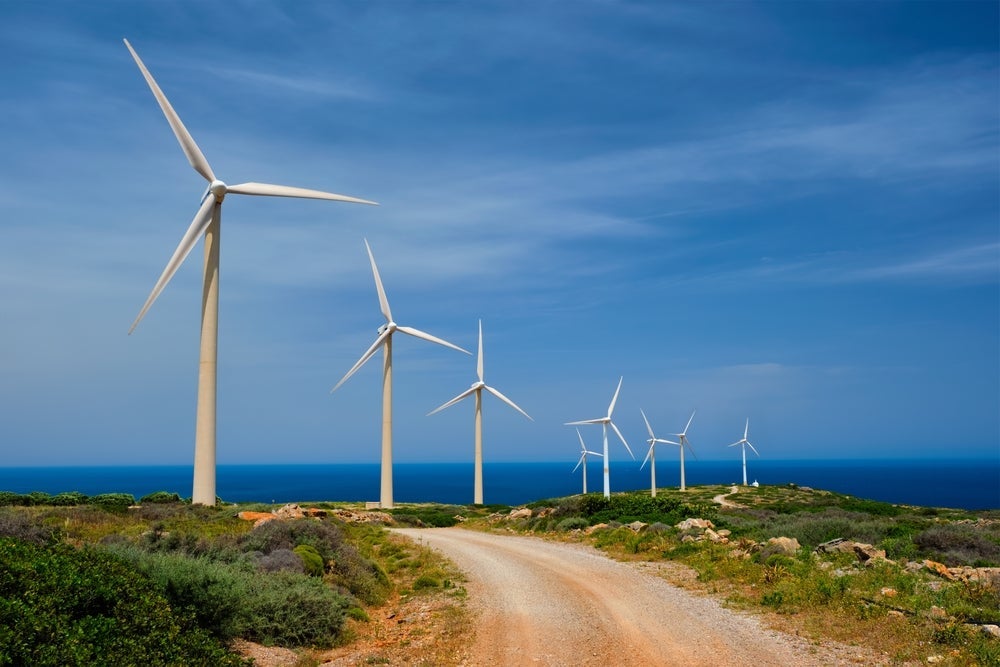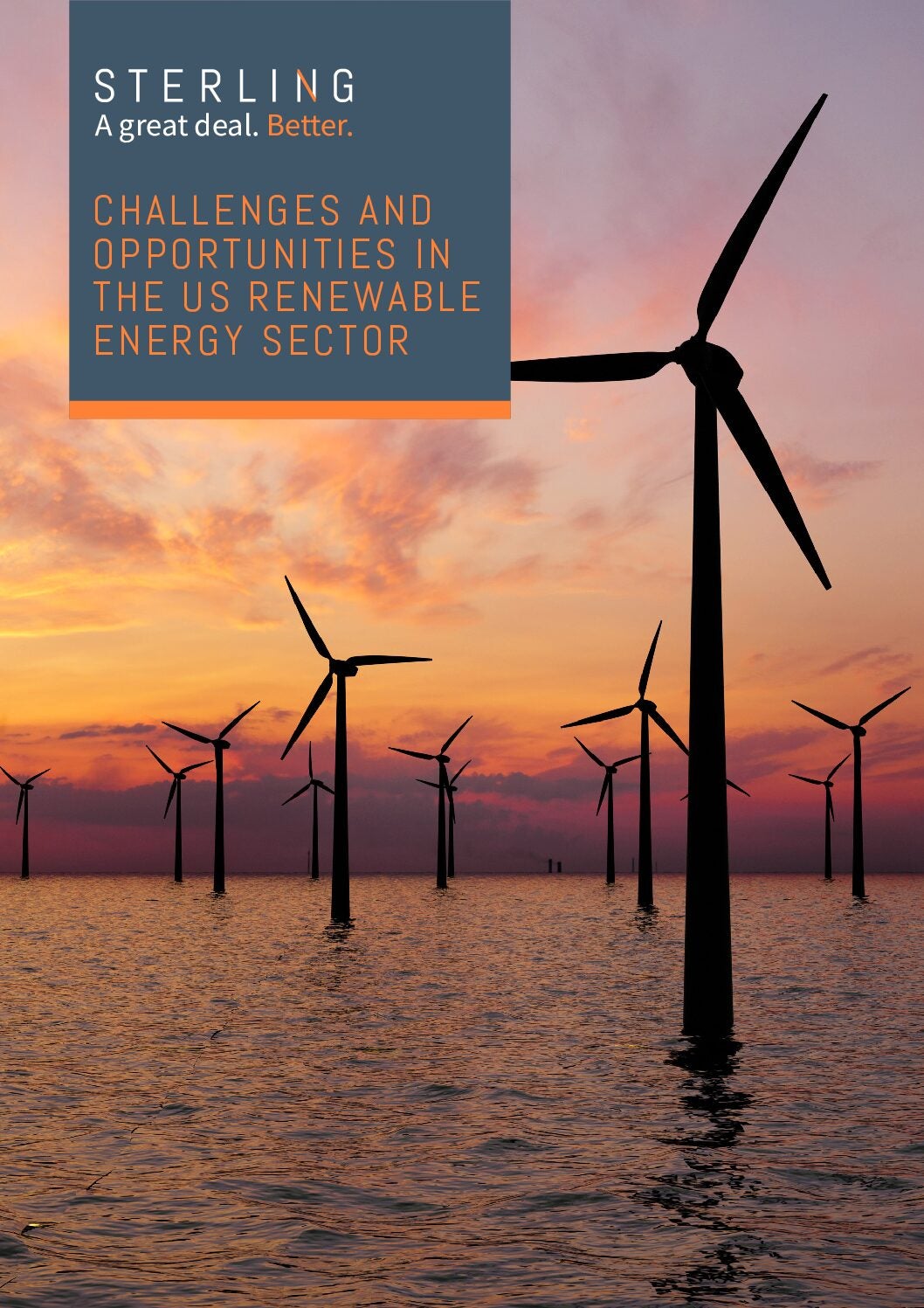
The Greek Regulatory Authority for Waste, Energy and Water (RAAEW) has awarded permits for 240MW of new renewable projects across Greece. In a big win for renewable capacity for the nation, installation has been approved for plants providing a total of 132.6MW of solar photovoltaic capacity and 108MW of wind power generation.
Power producer Terna Energy has been given approval for two solar parks with a combined capacity of 37.6MW, while North Solar 1 will develop a 96MW solar complex in the north of Greece.
Meanwhile, RAAEW has granted Energy Vorsana UAE permission to build an 81MW wind energy complex in Alexandroupoli, in the Greek region of Eastern Macedonia. In central Greece, Enerkoplan Energy and Investments has plans for 21MW of wind turbine capacity, while Axia Monoprosopi IKE has been granted permission for a 6MW wind plant in Greece’s Epirus region.
Greece has made bold strides in reducing its dependence on fossil fuels in recent years, with a 2023 report by the International Energy Agency (IEA) praising the nation for enacting an “impressive array of measures to support its ambitious climate goals while maintaining energy security”. The National Climate Law, introduced in May 2022, has set targets for Greece to cut greenhouse gas emissions by 55% by 2023, with a net-zero deadline set for 2050. However, the 2023 IEA report notes that “stronger actions are required to bring down its dependence on fossil fuels and reach its target of net zero emissions by 2050”.
“Greece has taken important steps in cutting its use of coal and harnessing its wind and solar resources,” said IEA executive director Fatih Birol. “It must now build on this success by going further and faster, including by speeding up the permitting process for new renewable energy projects.”




